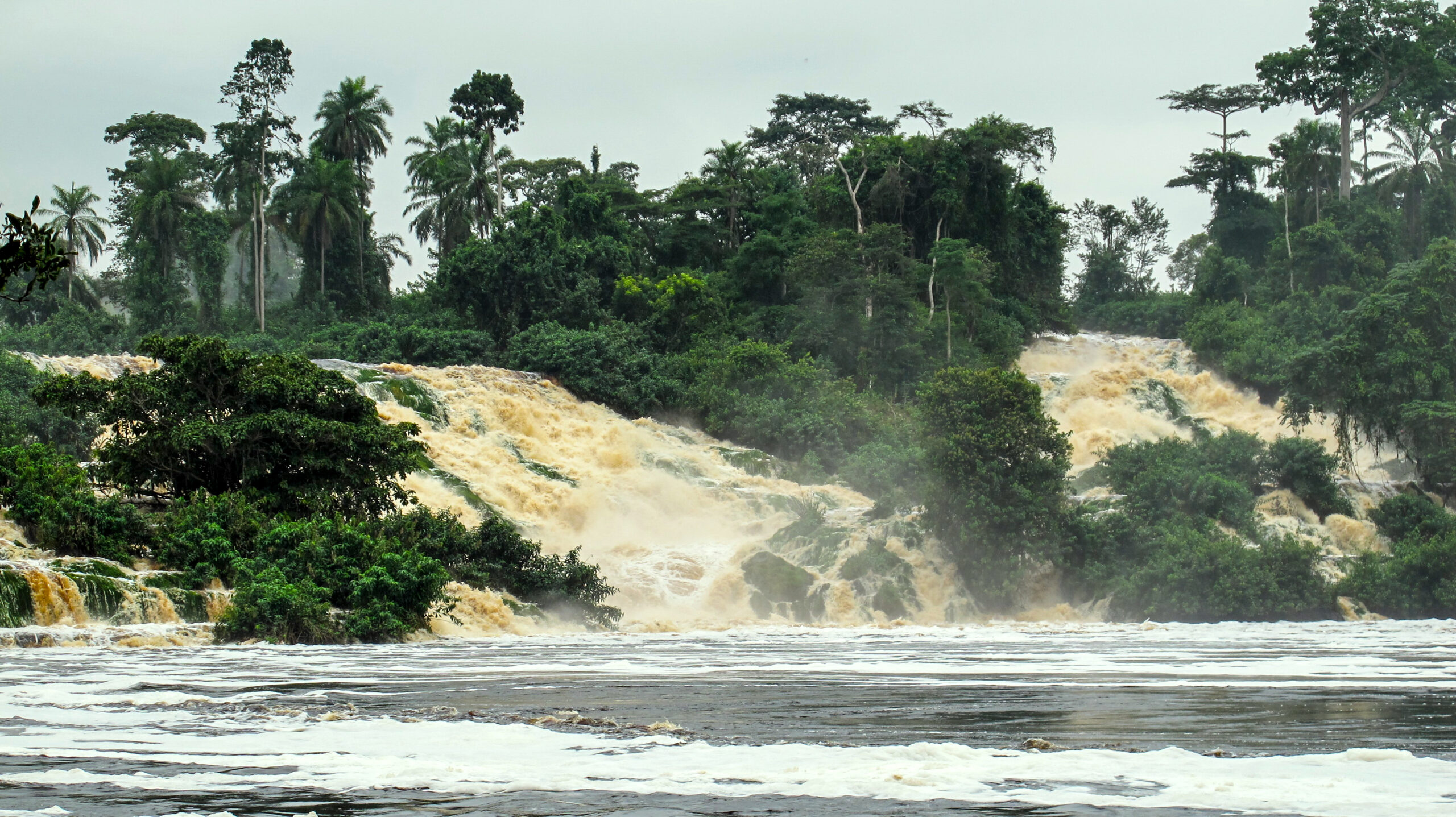The 150 million US dollars agreement announced today between Gabon and Norway via the Central African forest initiative (CAFI) is historic in many ways. For the first time, an African country will be rewarded in a 10-year deal for both reducing its greenhouse gas emissions from deforestation and degradation, and absorptions of carbon dioxide by natural forests. The partnership provides Gabon with a major incentive for cutting greenhouse gases by setting a carbon price floor at 10 US dollars per certified ton[1].

“I am very pleased with this results-based partnership through CAFI, which includes a historic carbon floor price to further encourage Gabon to continue to preserve its rainforest. This is a major breakthrough for REDD+ in Africa,” said Ola Elvestuen, Norway’s Minister of Climate and Environment.
“It properly takes into account Gabon’s special status as a country with high forest cover and low deforestation. Gabon is 88% covered with forests, and I hope our partnership can help them reach their goal to maintain 98% of that for the future,” he underlined.
This announcement was made as world leaders have gathered in New York at the call of UN Secretary General’s Climate Action Summit to put forward realistic plans to enhance their Nationally Determined Contributions (NDC) by 2020, in order to reach net zero greenhouse gas emissions by mid-century. In its expected new NDC, Gabon seeks to reduce its emissions by more than 50% compared to 2005 – effectively cutting by half the emissions from the forest sector.
The agreement will reward both past performance – verified results since 2016 compared to the previous decade from 2005 to 2014 – and future results to be paid annually until 2025.
“We have to raise the value of the Gabonese rain forests in order to ensure that conservation and sustainable exploitation can be used as tools to improve the living standards of the Gabonese people by creating jobs and livelihoods, whilst also sustaining natural capital, and to preserve our natural treasures and biodiverse ecosystems” commented Gabon’s Minister of Forest, Seas, Environment and Climate Change, Professor Lee White.
He added: “Norway’s agreement to double the price of a ton of rainforest carbon dioxide is highly significant and gives us hope that the international community will move towards a realistic price that will provide a real incentive for rain forest countries to follow our example”.
Led by Gabon, leaders from the region have joined to put forward, during the Summit, the role of Central African forests in mitigating climate change. Called the Earth’s second lungs, the region’s vast rainforests cover the size of Western Europe and, with the peatlands they harbor, store up to 70 billion tons of carbon, equivalent to 5 to 10 years of global greenhouse gas emissions.
CAFI supports strategic and holistic national investment frameworks based on REDD+ and low emission development, focusing on six high forest cover countries in Central African region.
This story was originally published at CAFI.org
